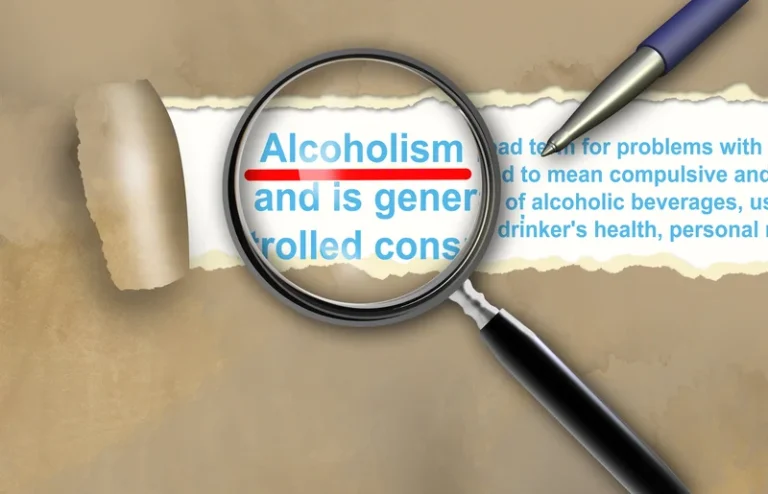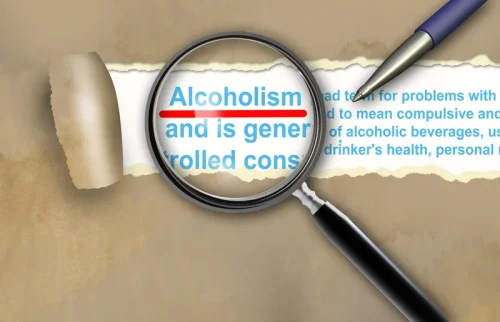
When you graduate, you’ll have the training and real-world clinical experience you need to succeed in your field. To become licensed or certified as an alcohol and drug counselor, you will likely need to pass an exam. Examples include the International Certification & Reciprocity Consortium’s (IC&RC) Alcohol and Drug Counselor Examination and Advanced Alcohol and Drug Counselor Examination. You may need to pass an exam through the National Certification Commission for Addiction Professionals (NCCAP).
Typical Work Environments for Substance Abuse Counselors

There are no hidden fees, and this is far less expensive than any college or university program. Our program also is 100% online, which is more flexible for working adults, and we offer rolling admissions so you can get started at any time. Once you’ve spent time substance abuse counseling definition with a client and assessed all of their needs, this step involves developing an individualized plan for the client based on assessment results. This plan includes setting goals and objectives for recovery, as well as the plan for treatment at your facility.
Private Practice
In a rapidly expanding industry that is expected to grow faster than other occupations, becoming a substance abuse counselor has never been more appealing. If you’re someone who’s interested addiction recovery careers, you may be wondering where to start researching and job hunting. An addiction counselor deals with various issues that often come with drug and alcohol abuse.

What Does an Addiction Counselor Do?
This certification is recognized across the United States and is often required by employers in the substance abuse counseling field. Substance abuse counselor degree programs train students to observe and interview patients, carry out treatment plans, and handle crisis drug addiction situations. Many programs include opportunities to participate in fieldwork to provide hands-on experiences.
